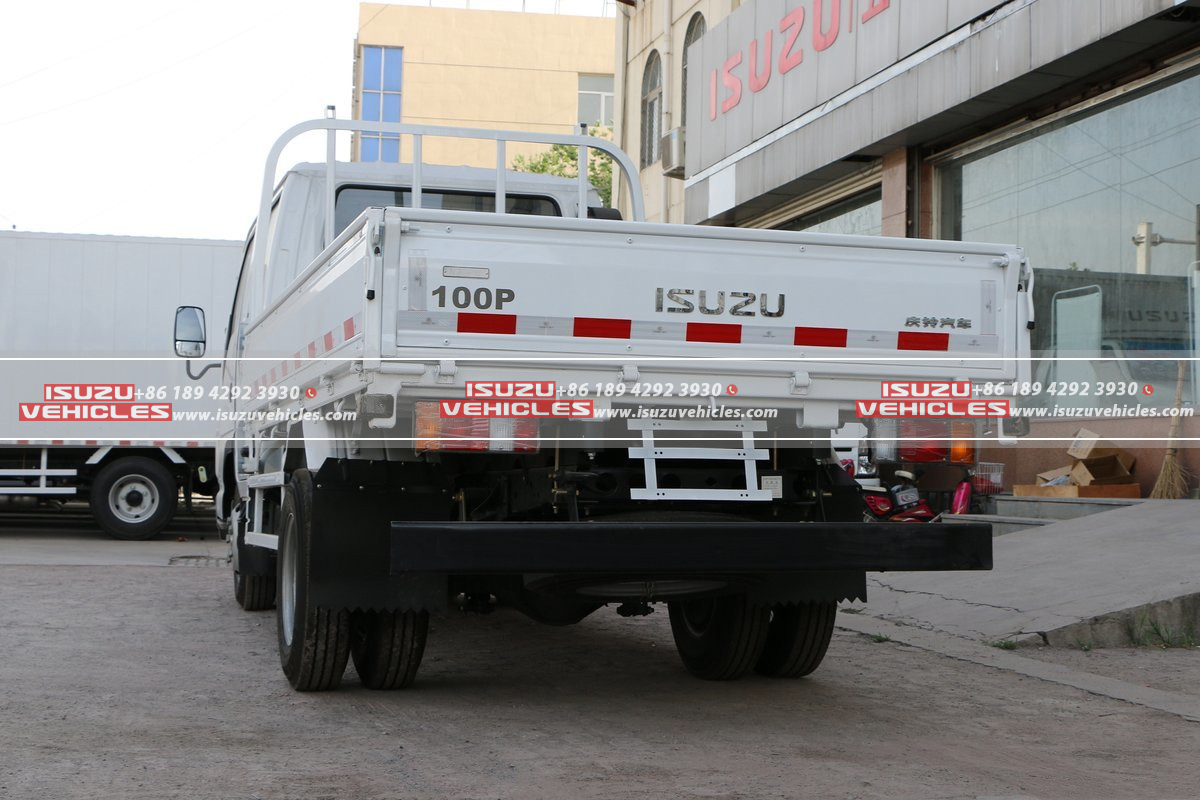In industries where rugged terrain, heavy loads, and relentless schedules define daily operations, equipment reliability isn’t just a preference—it’s a necessity. ISUZU dump trucks have earned a reputation as stalwarts in construction, mining, and waste management, engineered to endure the harshest conditions while delivering consistent performance. These vehicles are more than tools; they are the backbone of productivity, enabling projects to stay on track and within budget. This article delves into the features, maintenance strategies, and operational best practices that make ISUZU dump trucks indispensable for demanding tasks, while also exploring their evolving role in a technology-driven world.
The Anatomy of Durability: Engineering Behind ISUZU Dump Trucks
The effectiveness of a dump truck lies in its ability to withstand stress, carry substantial payloads, and operate efficiently across diverse environments. ISUZU dump trucks are designed with a focus on robust engineering, incorporating high-strength steel frames, reinforced axles, and suspension systems tailored to absorb shocks from uneven terrain. Their powertrains, often featuring turbocharged diesel engines, provide the torque needed to navigate steep inclines or haul debris-laden trailers without strain.
A standout feature is the integration of advanced hydraulic systems, which enable smooth tipping mechanisms even under maximum load. The precision of these systems ensures minimal downtime during dumping cycles, a critical factor in high-volume projects. Additionally, ISUZU’s commitment to ergonomic cab designs enhances operator comfort, reducing fatigue during long shifts and improving overall safety.
Preventive Maintenance: Prolonging the Lifespan of Your ISUZU Fleet
Even the most durable machinery requires meticulous care to perform optimally over time. For ISUZU dump trucks, preventive maintenance is the cornerstone of longevity. These trucks face relentless exposure to dust, moisture, and mechanical stress, making regular inspections and timely repairs non-negotiable.
Daily Operational Checks for Peak Performance
Begin each day with a thorough inspection of critical components. Check engine oil, coolant levels, and hydraulic fluids to ensure they align with manufacturer specifications. Examine tires for wear, cracks, or embedded debris—a common issue in rocky or construction environments. Test the braking system, including air brakes and parking mechanisms, to guarantee responsiveness.
Monthly Deep Maintenance: Beyond the Basics
Every 30 days, conduct a comprehensive evaluation of the truck’s structural and functional integrity. Inspect the chassis for signs of corrosion or stress fractures, particularly in regions with high humidity or salt exposure. Lubricate pivot points, such as the dump body hinges and suspension joints, to prevent friction-induced wear. For fleets that include ISUZU tow trucks, extend these checks to winches and towing apparatuses, ensuring they’re free of rust and operational.
Operational Excellence: Best Practices for ISUZU Dump Truck Users
Efficiency in dump truck operations hinges not only on mechanical health but also on operator expertise and strategic planning. Misuse or overloading can compromise safety and accelerate wear, undermining the vehicle’s capabilities.
Mastering Load Management for Enhanced Safety
Adhere strictly to the truck’s load capacity limits, which are calibrated to balance performance with structural integrity. Overloading strains the chassis, tires, and suspension, increasing the risk of accidents and component failure. Distribute materials evenly within the dump bed to prevent imbalance during transit, and avoid abrupt starts or stops that place undue stress on the drivetrain.
Leveraging the Versatility of ISUZU Bucket Trucks
While primarily designed for dumping, many ISUZU models can be adapted for specialized roles. For instance, an ISUZU bucket truck configuration—equipped with aerial platforms—enables dual-purpose use in utility maintenance or forestry work. Operators should familiarize themselves with attachment protocols, ensuring hydraulic connections and control systems are compatible and secure.
Overcoming Common Challenges in Heavy-Duty Operations
Dump trucks operate in environments where challenges like mechanical failures, environmental hazards, and logistical bottlenecks are inevitable. Proactive problem-solving mitigates these risks, preserving both productivity and safety.
Battling Corrosion in Harsh Climates
Exposure to moisture, chemicals, and abrasive materials can degrade a truck’s body and undercarriage over time. Apply anti-corrosion coatings to vulnerable areas, such as the dump bed and exhaust system. Regularly rinse the vehicle after shifts in saline or chemically active environments, and store it under cover when not in use.
Addressing Hydraulic System Failures
Hydraulic leaks or pressure drops are common in dump trucks due to the constant motion of the tipping mechanism. Inspect hoses, seals, and cylinders weekly for wear or cracks. Use manufacturer-recommended hydraulic fluids to maintain viscosity and prevent overheating. If a failure occurs, isolate the issue immediately to avoid collateral damage to the pump or control valves.
The Future of Dump Truck Technology: ISUZU’s Innovations
As industries increasingly prioritize sustainability and digital integration, ISUZU is at the forefront of redefining what heavy-duty vehicles can achieve. Modern ISUZU dump trucks are evolving into smarter, greener machines without sacrificing their rugged DNA.
Telematics and Data-Driven Fleet Management
Newer models feature telematics systems that monitor real-time data on fuel efficiency, engine health, and driver behavior. Fleet managers can use this information to optimize routes, reduce idle times, and schedule maintenance proactively. For example, an alert on irregular tire pressure could prevent a blowout during a critical haul, saving time and repair costs.
Electrification and Sustainable Design
ISUZU is pioneering hybrid and fully electric dump trucks designed to cut emissions on job sites. These models retain the power of traditional diesel engines while significantly reducing carbon footprints. Innovations like regenerative braking systems, which recharge batteries during descent, exemplify how sustainability is being woven into the fabric of heavy machinery.
By combining rigorous maintenance routines, operator training, and cutting-edge technology, businesses can maximize the ROI of their ISUZU dump trucks. These vehicles are not just built for the tough jobs—they’re engineered to redefine the standards of durability, efficiency, and adaptability in an ever-changing industrial landscape.
